6 full fat foods that are actually GOOD for you
'Low fat' doesn't automatically equal healthy.


Parenting advice, hot topics, best buys and family finance tips delivered straight to your inbox.
You are now subscribed
Your newsletter sign-up was successful
If you're a dedicated follower of all of the latest diets, you may have been fooled into thinking that the lower the calorie count and fat content of a product, the better it is for you.
Of course, not gorging on fatty foods like takeaways or sweet treats will inevitably help you to lose weight and feel healthier, but fat isn't always the enemy it's previously been made out to be. Some 'bad for you' foods aren't as unhealthy as you might think, while healthy fats, such as those found in avocados, nuts, oils and fish, are essential elements of a balanced diet - and that's not all.
A recent report from the National Obesity Forum and the Public Health Collaboration has revealed that eating full fat foods could even be the key to tackling the obesity crisis.
'Eating a diet rich in full-fat dairy – such as cheese, milk and yoghurt – can actually lower the chance of obesity,' the report's authors say. 'The most natural and nutritious foods available – meat, fish, eggs, dairy products, nuts, seeds, olives, avocados – all contain saturated fat.'
As Nutracheck nutritionist Emma explains, 'Think about your lower fat swaps – are other ingredients being added to the food to make it taste good once the fat is removed? Look carefully at ingredients list, and if your low fat option is packed full of sweeteners, sugar and artificial ingredients, then perhaps the full fat, more natural option is better?'
It's time to debunk the health food myths - here are 6 times that it's perfectly healthy to choose the full fat version after all. You may have to rethink your shopping list...
Butter
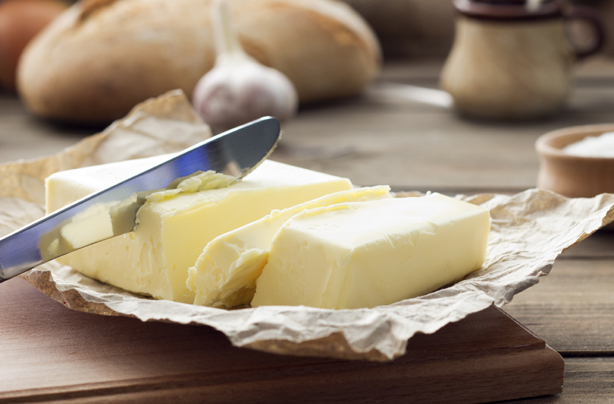
As an especially high fat food, butter often gets an especially bad rap, but it's actually packed with fat soluable vitamins and healthy fatty acids - particularly grass-fed butter, where the cows have been fed on green grass. In fact, a recent review of nine separate studies found that butter had no link to heart disease, and even seemed to be slightly protective against diabetes.
Parenting advice, hot topics, best buys and family finance tips delivered straight to your inbox.
Many of us automatically reach for the margarine as a 'better' option, but Emma reasons, 'If you feel you should have margarines or other spreads instead of butter, think about the reasons for your choice. If you eat a substantial amount and are trying to cut down on calories or add some plant sterols into your diet, then a butter swap might be a good choice.'
Milk
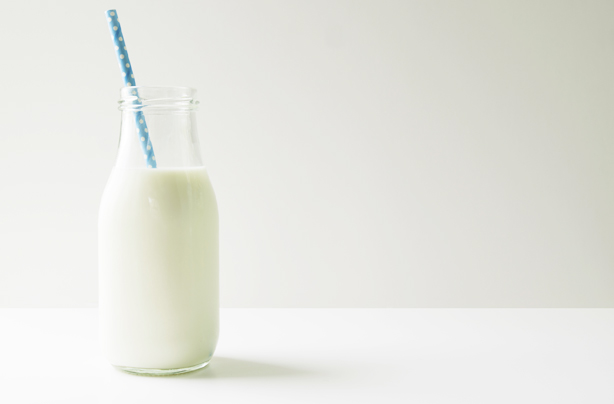
Emma says, 'Full fat foods, such as milk and yogurts, are more satisfying than lower fat counterparts. This may mean feeling fuller for longer, and not reaching for an extra snack later in the day. Full fat milk is only 4% fat, so although choosing semi-skimmed has half the fat content (2%), in the grand scheme of things (and if you don't drink pints and pints in a day), the fat saving is very small. Often milk choice simply comes down to taste preference.'
Yogurt
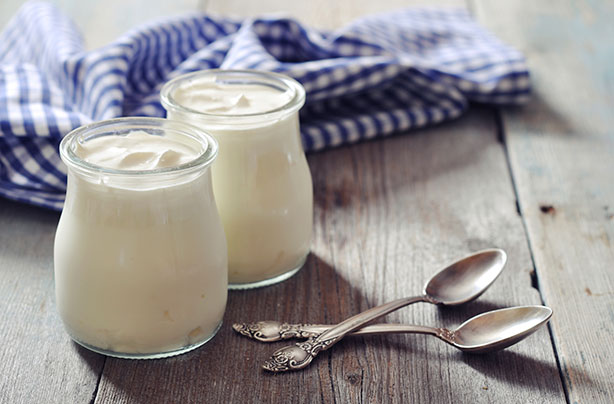
'The popularity of Greek yogurt in particular is based on the high protein content – this is also important for satisfaction after you've eaten,' Emma points out. Yogurts are one of the particular instances where natural ingredients are stripped out in favour of artificial sweeteners and flavourings, so always read the label and consider nutrition as well as calorie count.
Nut butter
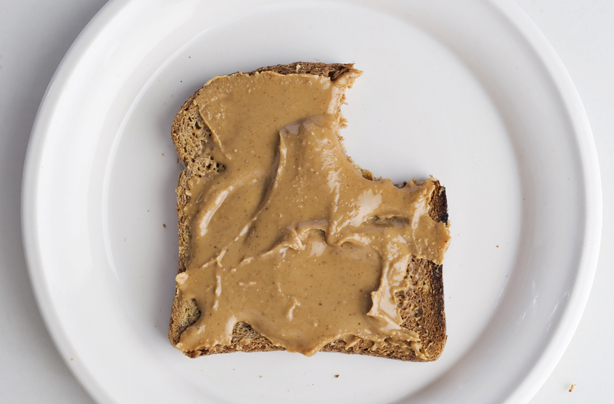
Nuts used to be the fatty enemy when it came to watching your weight, but recently it's been shown that they're filling, loaded with antioxidants and fibre and actually really good for you (as long as you watch your portion sizes!). This trend has meant that more and more nut butter has been popping up on the market, but the low-fat versions are often full of replacement sugar, so you're better off reaching for a full fat jar with no added sweetener.
Whole eggs
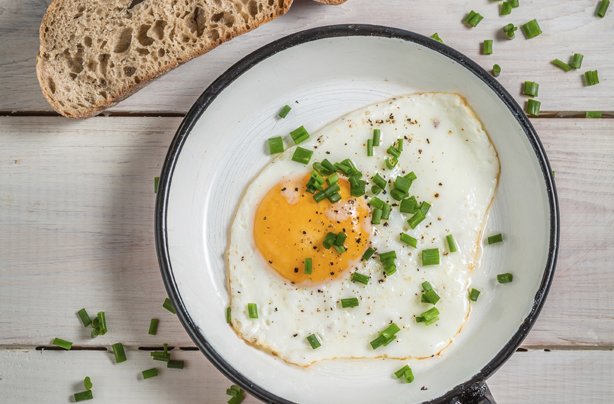
Used to making yourself egg white omelettes, or taking the yolks out of your scrambled egg mix? 'Misunderstood and often thought of as a high fat food, but actually eggs are a powerhouse of nutrition,' Emma advises. 'Most of the fat in eggs is unsaturated fat, with only 28% of the fat being saturated. Whole eggs are a rich source of protein, vitamins and minerals, and an average egg contains only 70 calories' - so it can't hurt to let yourself have a dippy egg or two...
Salad dressing
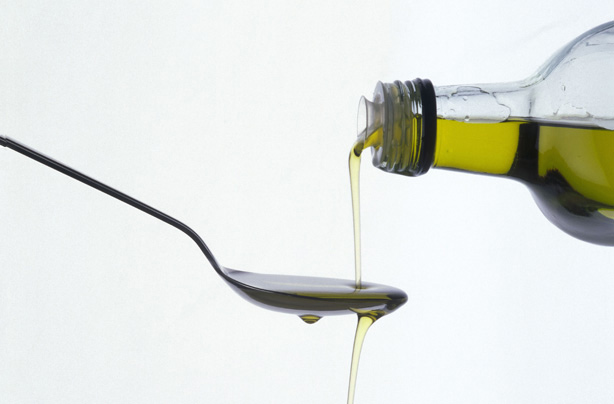
If you're really serious about calorie counting, you can dress your salads with a squeeze of lemon or a drizzle of balsamic - but there's nothing wrong with dressings that contain oil every now and then. Fat helps you to absorb carotenoids, the nutrient-rich compounds often found in vegetables, so a small amount of fat in a homemade salad dressing can actually help you get the best out of your meal.

Jessica Dady is Food Editor at GoodtoKnow and has over 12 years of experience as a digital editor, specialising in all things food, recipes, and SEO. From the must-buy seasonal food hampers and advent calendars for Christmas to the family-friendly air fryers that’ll make dinner time a breeze, Jessica loves trying and testing various food products to find the best of the best for the busy parents among us. Over the years of working with GoodtoKnow, Jessica has had the privilege of working alongside Future’s Test Kitchen to create exclusive videos - as well as writing, testing, and shooting her own recipes. When she’s not embracing the great outdoors with her family at the weekends, Jessica enjoys baking up a storm in the kitchen with her favourite bakes being chocolate chip cookies, cupcakes, and a tray of gooey chocolate brownies.